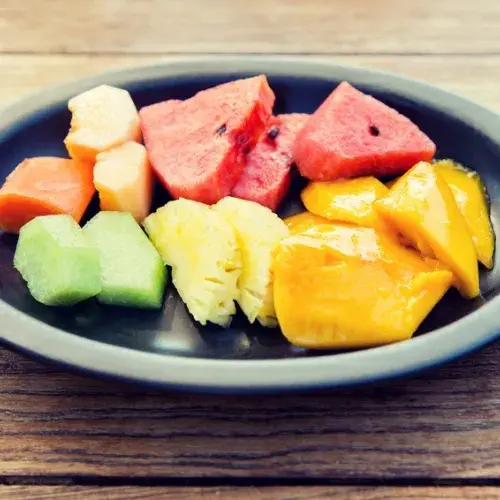Raw food: is eating raw food healthy?

The Raw Food movement advocates a diet of uncooked vegetable foods with the idea of maximizing the quality of the nutrients. However, it is advisable to know which foods can be eaten raw and which should be cooked in order to eat correctly without any risk to health. Doctor Esther Telleria explains it to us.
It is normal to eat raw fruit and vegetables in salads. We also eat certain raw meats and fish such as Carpaccio, sushi and oysters... Likewise, olive oil is also consumed raw on numerous occasions -oils subjected to heat suffer oxidation processes and lose their antioxidant and protective benefits for cardiovascular health- so it is recommended to consume olive oil raw without starting any extreme habits in the consumption of raw foods.
The substantial amount of vitamins, minerals and antioxidants provided by raw fruits and vegetables is very important, since there are no other foods that can match them.
The storage, treatment and preparation of harvested agricultural products already lead to nutrient losses. The heat from cooking deactivates enzymes and beneficial microorganisms, and also destroys part of the water-soluble vitamins and most of the antioxidants.
But cooking makes proteins and sugars in food easier to absorb. Applying heat also results in a more edible product, making it easier to chew and digest.
We must not forget that cooking food using heat resolves any microbiological problems (toxoplasmosis, listeria, trichinosis, salmonella...) and also deactivates the antinutrients that prevent the assimilation of certain nutrients, as in eggs, for example.
In a society where there is no real nutritional deficit, and where we get sick from excess rather than deficiency, ideally we should alternate raw and cooked food and avoid extremes.
There is also currently no scientific evidence to show that it is healthier to always eat vegetables raw and uncooked.


